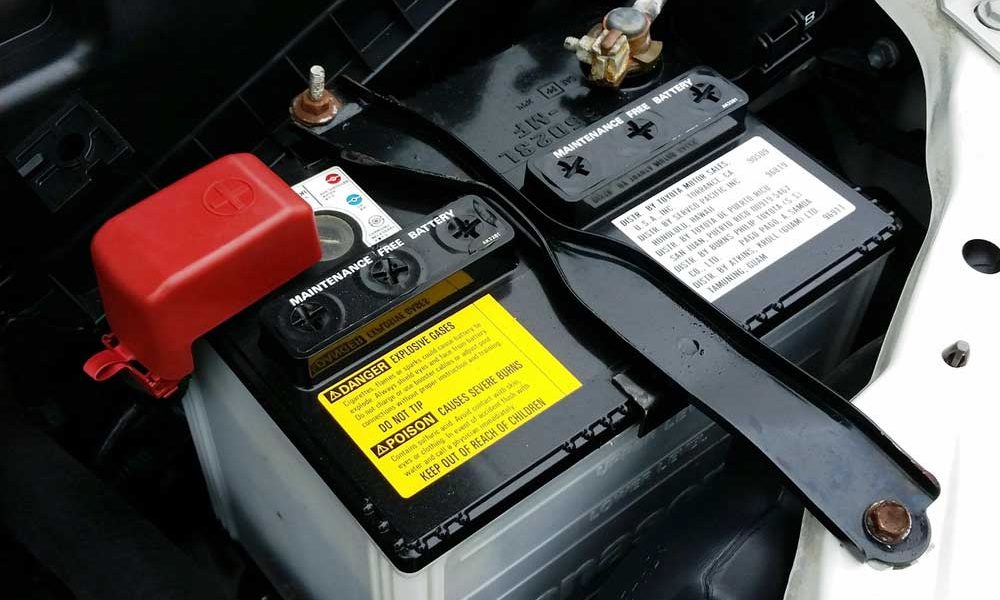Power companies need a safe, cost-effective way to store energy for later use. Plenty of lithium-ion batteries do the job, but they have safety concerns and limited raw materials. In response to this problem, a team of researchers from King Abdullah University of Science and Technology (KAUST) has developed a prototype of an anode-free zinc-based battery using low-cost, naturally abundant zinc as a raw material. The research results were published on the 20th of this month in Nano Letters, a peer-reviewed scientific journal published by the American Chemical Society.
Aqueous zinc-based batteries have been used for grid energy storage due to their safety and high energy density. In addition, the materials used to make them are abundant. However, currently developed rechargeable zinc batteries require thick zinc metal anodes, which contain a large excess of zinc, increasing the cost. In addition, the anode is prone to dendrite formation (zinc metal crystals that deposit on the anode during charging), which can lead to a short circuit in the battery. During this research, scientists questioned whether zinc anodes are really needed. They drew inspiration from previous explorations of “anode-free” lithium and sodium metal batteries and decided to create a battery in which a zinc-rich cathode is the only source of galvanizing on copper current collectors.
Specifically, the researchers used a manganese dioxide cathode pre-intercalated with zinc ions, an aqueous solution of zinc trifluoromethanesulfonate, and a copper foil current collector. When charging, metallic zinc is plated on the copper foil, and when discharging, the metal is stripped away, releasing the electrons that power the battery. To prevent dendrite formation, the researchers coated the copper current collector with a layer of carbon nanodisks. This layer promotes uniform galvanization, thereby preventing dendrite formation and improving galvanizing and stripping efficiency.
It is said that the battery has the characteristics of high efficiency, high energy density, good stability, etc., and after 80 charge-discharge cycles, the storage capacity can still maintain 62.8%. “The design of anode-free batteries opens up new directions for the use of aqueous zinc-based batteries in energy storage systems,” the researchers said.


